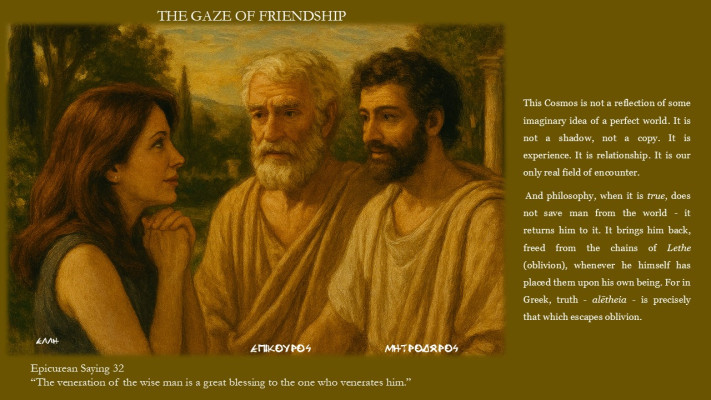I will post more before tomorrow but we will do this in book review format. We will go over the topics covered in this section and discuss their significance. I will point out the major topics in the text at the beginning and then I will ask for comments from everyone, with the goal of asking sure that when we produce a podcast episode and or self-teaching study guide that we have a list of points to include and consider.
Also we will refer to the outline for these lines that is present in the Lucretius side-by side version here.
The goal here is going to be to increase our own understanding by making sure we have prepared the raw material to explain the system to others. We are tracking exactly what Lucretius was doing for Memmius, which Lucretius himself has copied from Epicurus.




